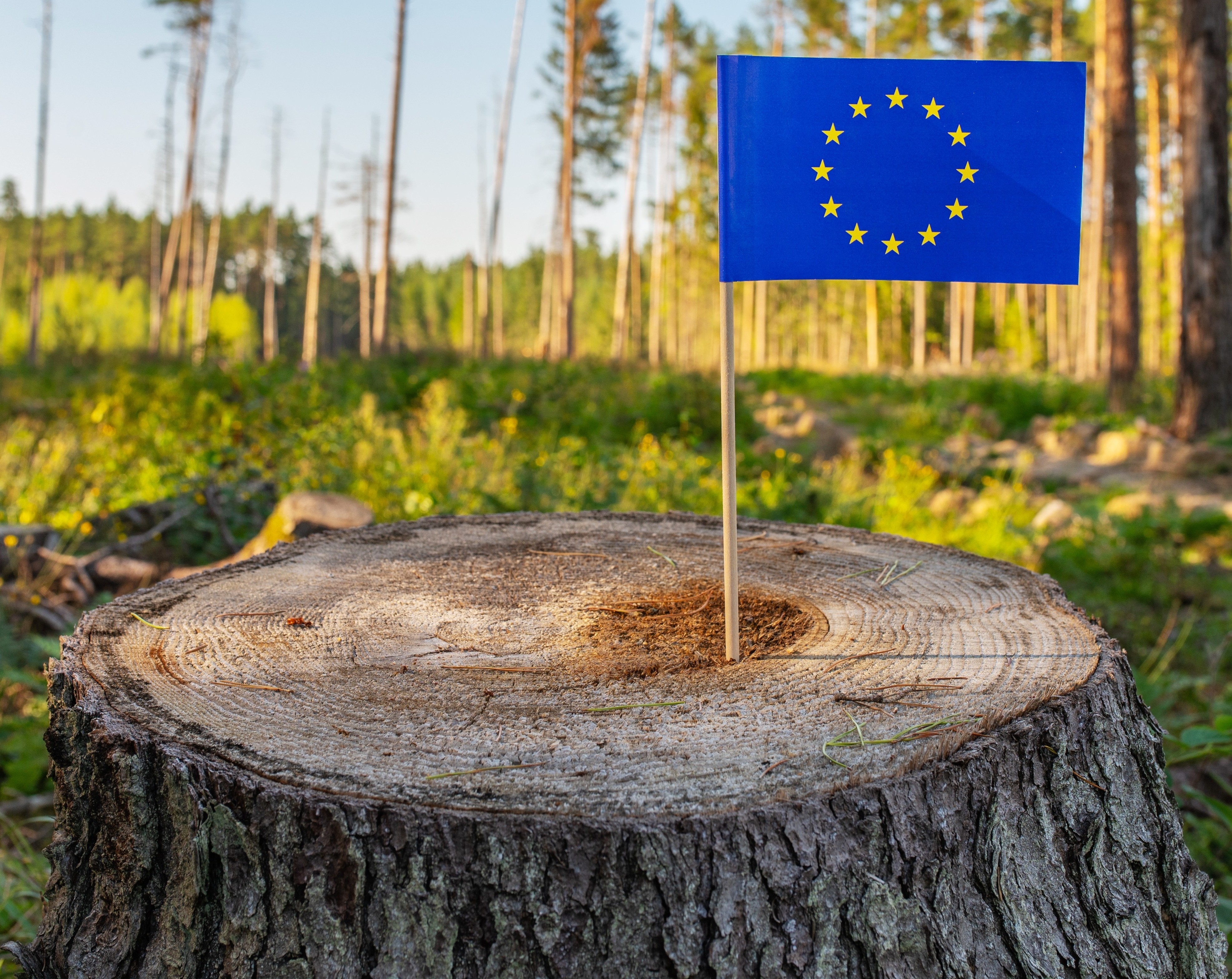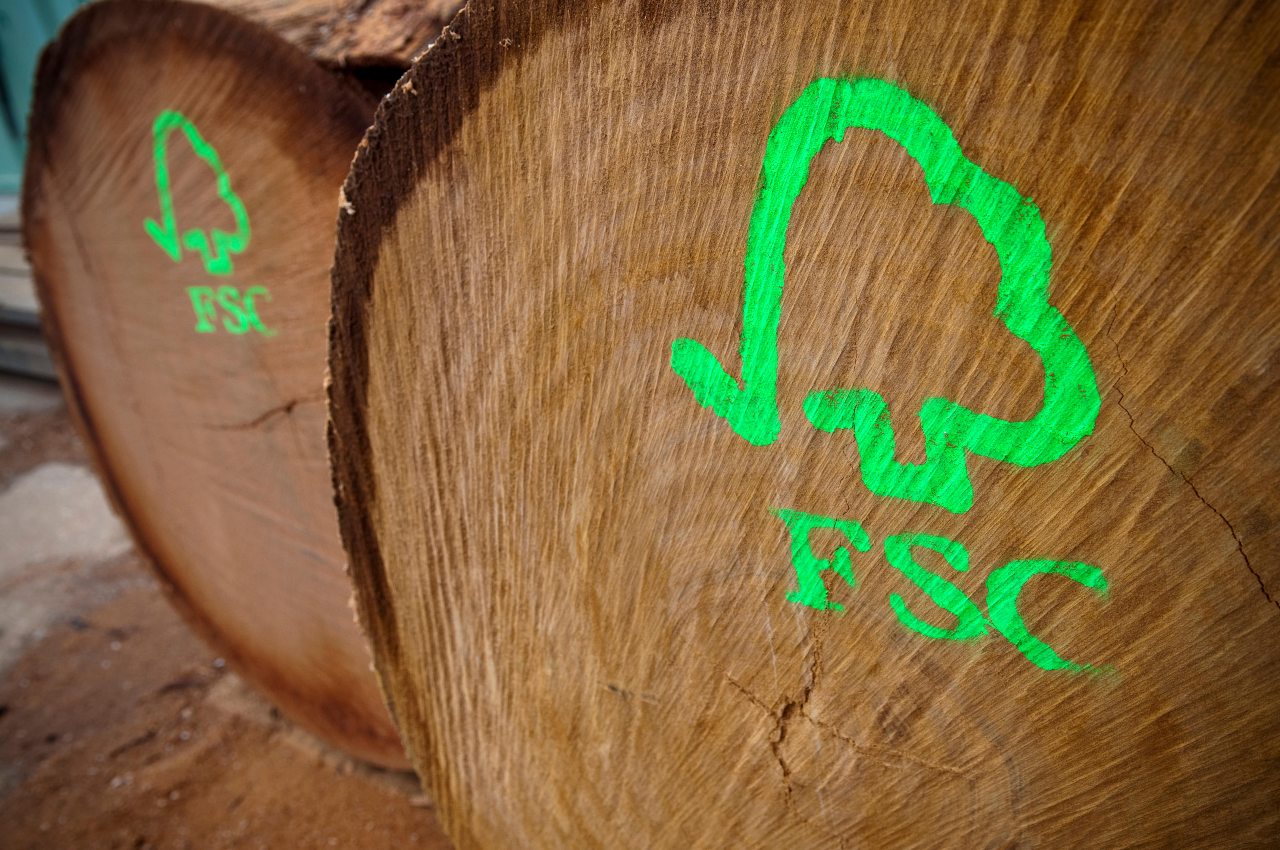Mexican exports of millennials’ favourite brunch food hit 1.2 million tonnes in 2018, as authorities try to tackle illegal cultivation and forest destruction

It is estimated an average 17,000 acres of deforestation for avocado occurs each year in Michoacán, while in 2018 illegal crops were discovered at a UNESCO World Heritage site in the region.
Authorities in Mexico’s second largest avocado producing region are to crack down on farmers for carrying out illegal logging and land clearances to grow avocados as demand for the ‘green gold’ persists in Europe and global markets.
The State Secretary for Agriculture and Rural Development in the western state of Jalisco has said that officials have identified 1,000 hectares of land illegally cleared for avocado production.
Alberto Esquer told Mexico’s Informador news outlet in late June that several avocado farmers are to be investigated by federal authorities after his department and Semarnat – the government environment ministry – discovered the illicit crops.
“There are a thousand hectares that we have identified, with confirmation from Semarnat, where there is illegal logging, and we already have them georeferenced by region,” Esquer said.
In 2009, there was around 5000 hectares of avocado planted in Jalisco – mostly in its fertile southern areas – but this had jumped to more than 23,000 hectares by June 2019, government data shows, as parties look to cash in on the country’s ‘green gold’.
Mexican avocado exports rose 21 per cent in 2018 to 1.2 million tonnes.
US per capita consumption has increased 440 per cent in the past 20 years and around 88 per cent of its fresh avocado imports originate from Michoacán – the only state allowed to export to the US and where 158,000 hectares were harvested by June 2019.
Europe purchased €350 million of Mexican avocados between 2016 and 2018 – a four-fold rise on the same period a decade earlier, Earthsight analysis of trade data shows, while demand in Asia is swelling.
The World Avocado Organisation (WAO) estimates that European consumption of avocados will hit 1.1 million tonnes in the next eight years, putting it on par with current US levels.
In 2014 the UK’s Office for National Statistics added avocados to the consumer goods it assesses to track inflation, reflecting increased consumption in the country. UK avocado sales grew by 26 per cent in 2017/18, according to the WAO.
Amid this growing global appetite, deforestation and environmental concerns have mushroomed.
“Illegal avocado production is the main environmental problem in the south of Jalisco,” Cristian Rodríguez Pinto, a local journalist who has written extensively on the topic, told Earthsight. “Corn producers are unable to access enough water because avocado crops require so much.
“Many farmers from Michoacán have arrived because they see an opportunity. It is illegal to clear forest for avocados in Jalisco [since 2009], but it is happening. Not all avocado producers are illegal but at least five in every 10 avocados in Jalisco are if not illegal, then suspect.”
It is estimated an average 17,000 acres of deforestation for avocado occurs each year in Michoacán, while in 2018 illegal crops were discovered at a UNESCO World Heritage site in the region.
In Jalisco and Michoacán, it is illegal to fell trees for avocado crops but if land is burned through fires then a change of land use is permitted. This has lead to several cases of forest fires occurring in the two states amid fears producers are intentionally burning forests to exploit this loophole. 3,952 forest fires were recorded in Jalisco between 2009 and October 2017 – 10 per cent were started intentionally and over half of these occurred in its main avocado enclaves.
Ecological concerns are only part of the problem. A recent report said drug cartels in Michoacán routinely seize land to grow the crop and make $150 million per year from selling ‘blood avocados’.
Stories of farmers being coerced into renting their land to avocado producers are also common, but local groups in Jalisco have denounced the moves saying that land and biodiversity is being destroyed.
It is unclear when or what any action will be taken against the producers targeted by Jalisco’s State Secretary. But Rodríguez Pinto fears that while Jalisco’s production still booms, the case will offer little solace to its surrounding environment and communities.
“The authorities are not capable and do not have the resources to stop the deforestation,” he said. “Politicians are involved in farming and have also changed their crops to grow avocados because they believe it will be profitable, but they too are adding to the environmental problems.
“If the USA accepts imported avocados from Jalisco… the pressure on Jalisco’s forest will increase dramatically and this could lead to even more illegal land clearing. The authorities need to listen to the concerns of locals and better implement the ban on clearing new land for avocado production.”
Alberto Esquer and Semarnat were contacted on several
occasions by Earthsight but failed to respond.



